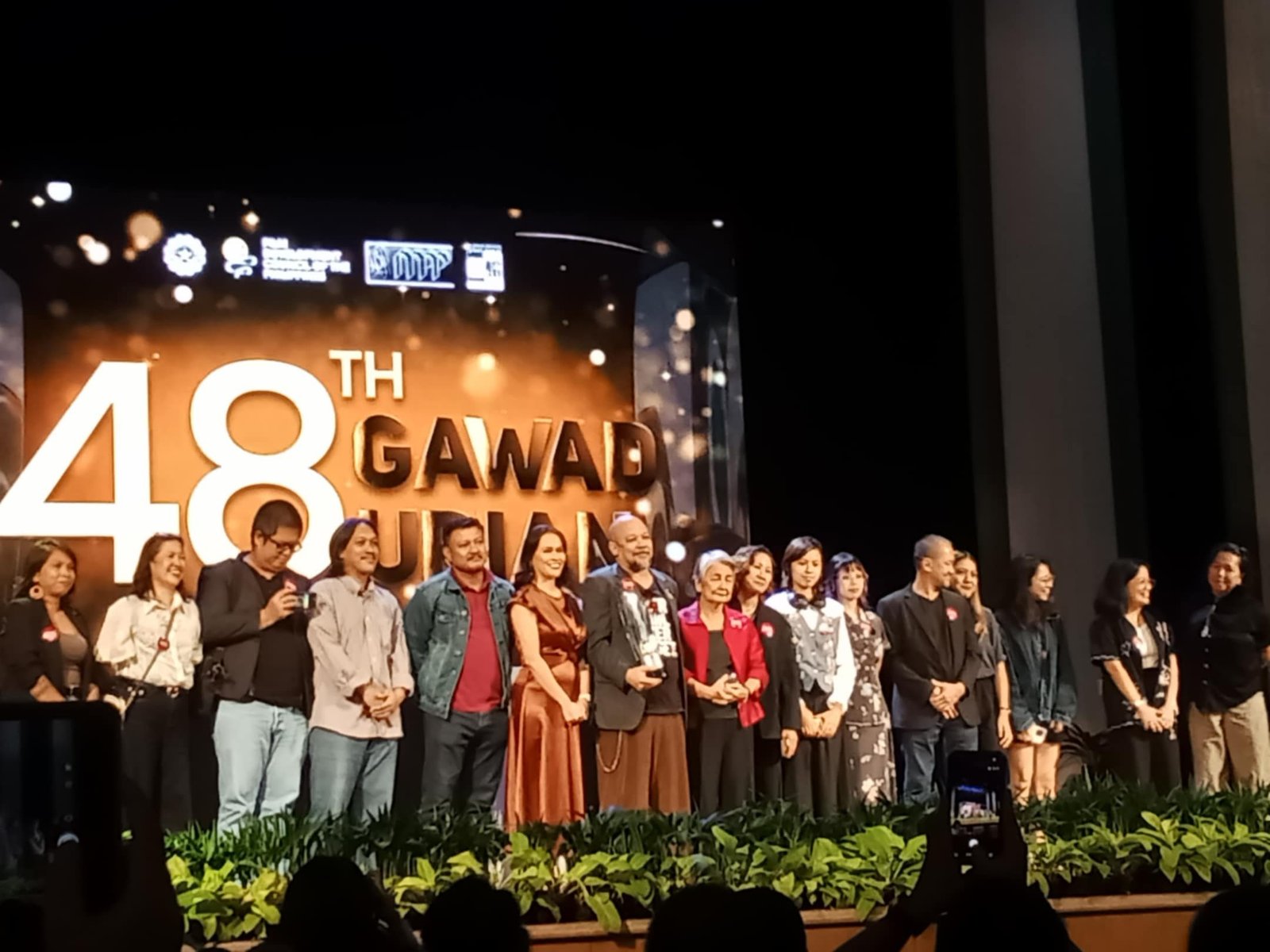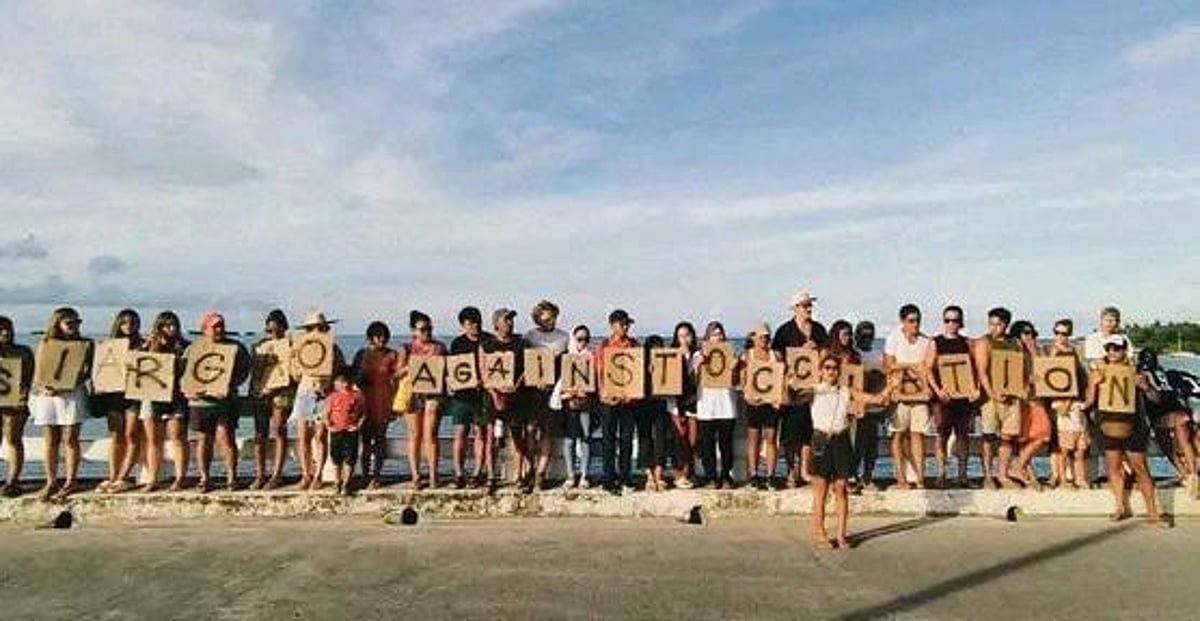The world sees us today through the wrong kind of headlines. Flood control projects drowning in corruption. Ghost contracts and padded budgets. A government stumbling through scandal. And now, the trial in The Hague on crimes against humanity, placing our nation once more in the dock of global opinion.
It is not the story we want told. But it is the story being told.
At home, we are submerged. Families are displaced by swollen rivers. Cities are paralyzed by rains that never seem to end. Billions are wasted on projects meant more to line pockets than to save lives. Instruments of protection are turned into monuments of plunder. The flood has become not only a natural disaster but also a moral one.
And yet, in a California desert, another story is about to rise.
Bini, eight young women once dismissed as another passing pop act, will step onto the Coachella stage in 2026. They will be the first all-Filipino girl group to do so, the first P-Pop act to carry our colors on one of the world’s most celebrated stages. It is a historic first, and it comes at a time when the country longs for something clean, something worthy, something that makes us proud again.
Scripture tells us the flood is destruction, but also cleansing. The desert is barrenness, but also revelation. Out of the wasteland emerges new hope. Out of the Philippines, despite the floods, comes a voice of resilience.
When Bini sings in the desert, they will not sing alone. The Filipino diaspora—especially in California, where millions of kababayan live—will be there. Blooms from Los Angeles, San Diego, and the Bay Area are preparing to rally in purple and pink.
For them, it will not just be a concert. It will be representation. It will be the sight of Filipino flags waving in a sea of strangers, the sound of Tagalog lyrics echoing across a desert valley, the joy of seeing heritage not mocked but celebrated. In a world that notices Filipinos mostly when we scrub its floors, nurse its sick, or serve its food, Coachella will offer another image: artists who can stand shoulder to shoulder with the world’s best.
And when international media cover the festival, when clips of Bini spread online, the question will no longer be, “Who are they?” but “Who are we, as a people, that we can produce this?”
There is also a spiritual dimension here. In the Gospel of John, Nathanael asks: “Can anything good come out of Nazareth?” We echo the same doubt: can anything good come out of the Philippines?
We are dazzled by imports, blinded by pedigree, but slow to see the quiet rise of those from the laylayan. BINI are not daughters of privilege. They are daughters of formation, discipline, and sacrifice. Their stories are marked by years of training, by setbacks and tears, by quiet endurance when success was not guaranteed.
Even as they are criticized by their own, they continue to carry our flag. Their answer to that ancient question is clear: yes, something good can come out of here. Not theory, but proof—eight Filipinas singing to the world from a desert stage.
We are a people starved of pride. Our leaders betray us. Our institutions collapse. We look at the floods of corruption and despair and wonder if anything is left to celebrate.
But pride does not always come from power. Sometimes it comes from song. Sometimes it comes from the grace of young women who remind us who we are.
Bini’s success offers more than pride. It offers a template for the nation itself: hard work, honest labor, resilience, perseverance in the face of hardship, and belief in each other. These are the values that turned eight ordinary girls into extraordinary artists. They are also the same values that can turn a faltering nation into one that rises again.
Bini’s ascent is not just entertainment. It is a mirror to the Filipino spirit: disciplined, resilient, grace-filled. At a time when the world knows us for trials and corruption, they show another face—the face of a people who can still create beauty, still inspire hope, still rise.
When the desert blooms with the sound of their music, let us not dismiss it as novelty. Let us recognize it as redemption. That we are not only a people of floods and failures, but also a people of song and grace.











